The majestic rock-cut caves of Kondana near Rajmachi date back to over 2,000 years, and offer the thrill seeker plenty to discover or stumble upon
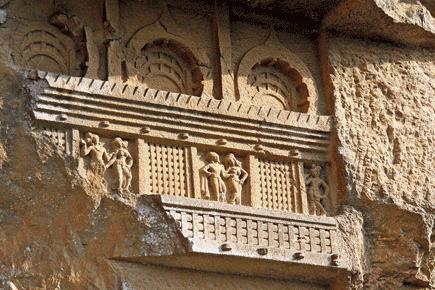
We set out from Mumbai to the base village of Kondivade, keen to meet with Mrudul Mody of Pugmarks. The 68-year-old was in the midst of the last leg of a survival camp that he was conducting for eco-volunteers within the Kondana (or Kondane) Caves near Karjat. This veteran of many adventure camps and jungle camps had devised the six-day intensive training programme.
ADVERTISEMENT
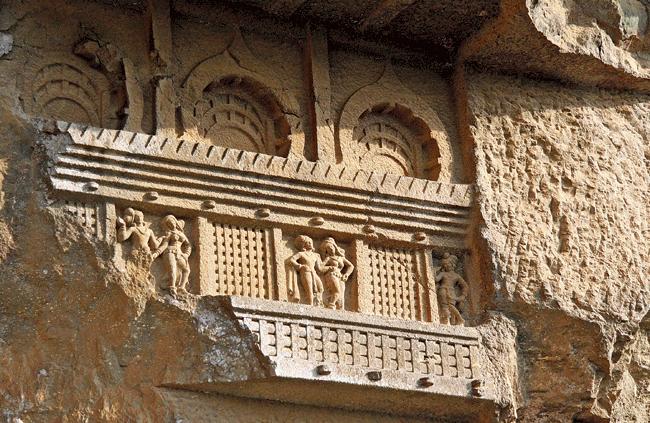
Pic Courtesy/C Gangadharan Menon
Rock-cut adventure
He had handpicked 15 young volunteers who joined us at Kondivade. Soon, they started to pack essentials required to survive the two days: tents, sleeping bags, mats, ropes and harnesses, provisions and stoves, and water. The climb to the top was arduous as these are located halfway up the road that leads to Rajmachi fort.
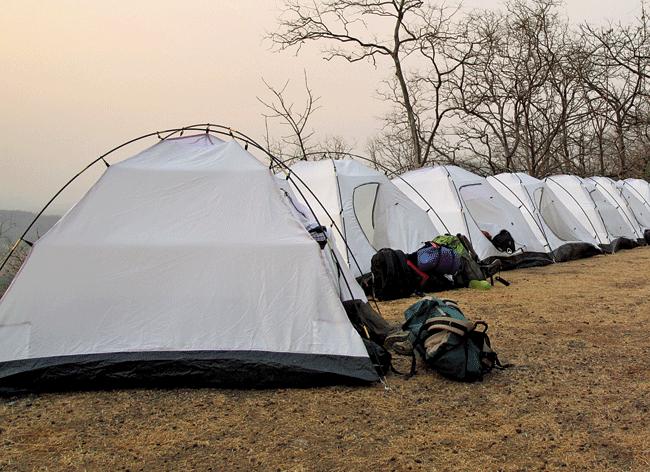
Tents at the camp site lit up by the setting sun
The first glimpse of the caves was stunning. Unlike other rock-cut caves that are hidden from the human eye, these caves had a massive, elaborately carved entrance. On either side, panels with gorgeous mithunas (celestial beings) guarded the entrance.
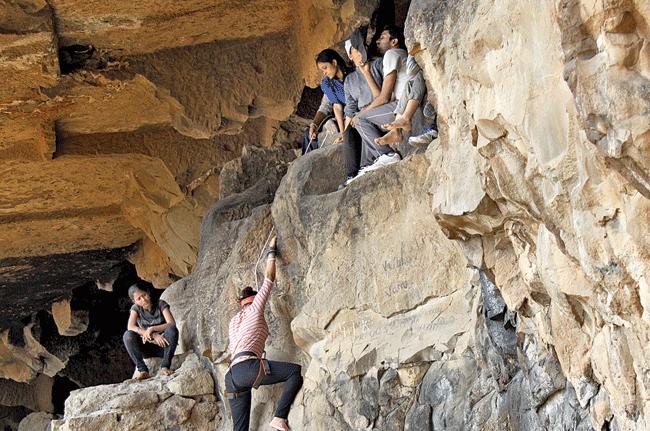
Elementary lessons in rock climbing
Mody told us about the caves that were carved by artisans 2,200 years ago. He pointed out a distinct difference between these sculptures and those found elsewhere. Nowhere is the artist’s name mentioned under any sculpture. Their fame is collective, and anonymous. But here we found a human head with a decorative headgear, next to which was etched in Mauryan Brahmi script: ‘Made by Balaka, the disciple of Kanha.’
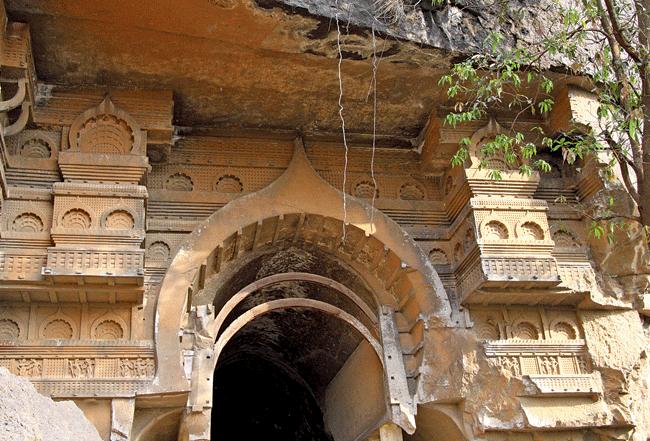
The imposing and elaborately carved entrance. Pics Courtesy/ C Gangadharan Menon
Learning the ropes
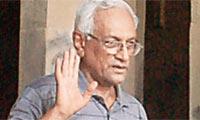 |
| Mrudul Mody |
Post a quick lunch from the village headman’s house, the volunteers learnt about the most important survival tool in the wild: the rope. They were taught how to tie different kinds of knots and the basics of rock climbing on the facades adjoining the caves.
By then it was nearing dusk, and the volunteers had to find a spot to pitch tents for the night. A small group under ace mountaineer Prakash Kelshekar’s guidance, chose the location. Within 30 minutes, they pitched nine tents, before dark.
Meanwhile, another group collected firewood for cooking dinner. The fare included Dal Khichdi, roasted papad, garlic pickle and barbecued vegetables. A short, exciting session of stargazing followed.
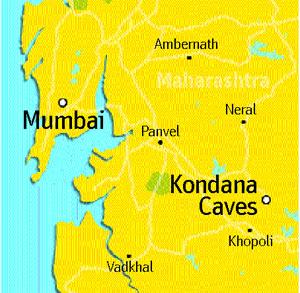
Birdcalls announced the arrival of the morning. After Batata Pohe and tea for breakfast, volunteers had the tough task of leaving the campsite in the same condition as they had found it. Under Mody’s watchful eye, they rounded up the garbage, painstakingly, in large bags, to take back to civilisation. We returned home, reassured that a new generation of nature lovers were in our midst.
 Subscribe today by clicking the link and stay updated with the latest news!" Click here!
Subscribe today by clicking the link and stay updated with the latest news!" Click here!






